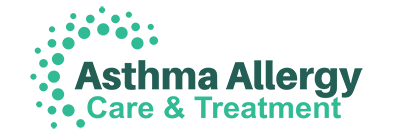 About 17 million people in the U.S. have asthma. Asthma occurs when the airways in your lungs (bronchial tubes) become inflamed and constricted. Asthma signs and symptoms include shortness of breath, chest tightness, coughing or a wheezing sound when exhaling.
About 17 million people in the U.S. have asthma. Asthma occurs when the airways in your lungs (bronchial tubes) become inflamed and constricted. Asthma signs and symptoms include shortness of breath, chest tightness, coughing or a wheezing sound when exhaling.
Symptoms can range from minor wheezing to life-threatening asthma attacks. Between episodes you may feel normal, with little or no trouble breathing. At other times, coughing and wheezing may be present all the time, especially at night.
Asthma can be triggered by a reaction to allergens, including pollens, dust mites, animal danders and/or mold. Irritants like smoke or cold air, exercise, stress or infectious episodes can also trigger asthma.
Asthma cannot be cured, but its symptoms can be controlled. Management starts with avoiding asthma triggers. You may need to take long-term control medications on a daily basis to prevent asthma flare-ups, and short-term “rescue” medications to control symptoms when they develop. Airway inflammation may persist, even though you might feel free of symptoms.
The allergist can identify your allergic and nonallergic asthma triggers. The doctor can monitor your asthma with simple breathing tests, which can guide therapy to help improve lung function. By preparing an effective treatment plan that is appropriate for you, your asthma symptoms can be minimized improving your quality of life and overall well-being.
